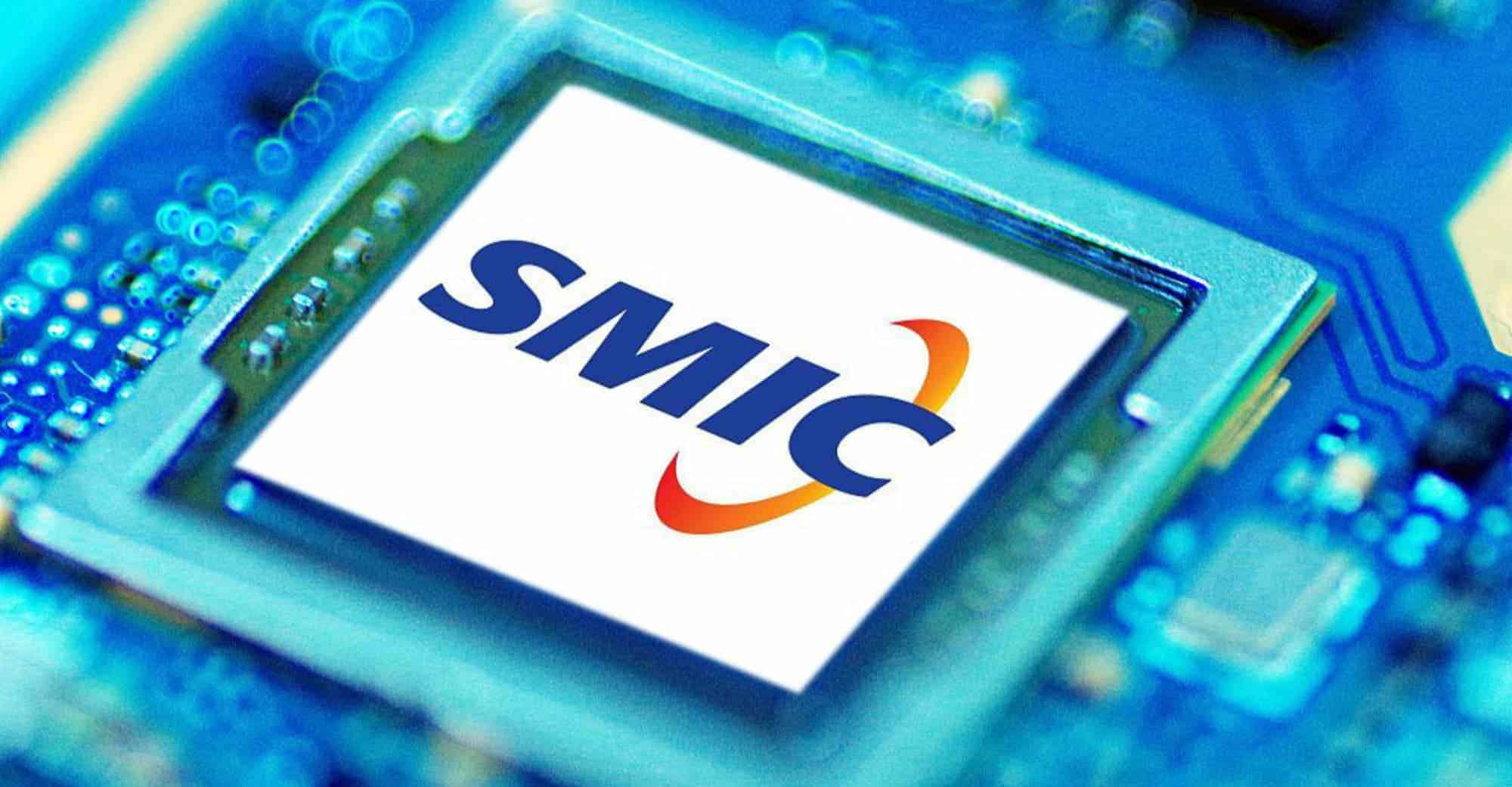The US has been slow to approve licenses for American companies to sell chipmaking equipment to China's Semiconductor Manufacturing International Corp (SMIC), with an estimated $5 billion worth of parts and components remain unapproved.
Among the US companies affected were Fremont, California-based Lam Research, and Santa Clara, California-based Applied Materials.
Other companies that ship to SMIC include Axcelis Technologies in Massachusetts and KLA Corp in California.
According to a Lam Research spokeswoman, the company is still in the application process and has not yet received a response.
Axcelis’s CEO has discussed licenses-related “uncertainty” on Feb. 11th.
US government agencies, led by new appointees under President Joe Biden, still haven’t fully decided what to sell to SMIC, which produces chips for Qualcomm and other American companies.
With SMIC placed by the Trump administration placed on the US Department of Commerce’s entity list due to concerns of aiding China’s military, US suppliers need to get a license before shipping goods to semiconductor giant.
Most products should be granted on a case-by-case basis.
Applications to supply parts or components to produce 10 nanometer and smaller chips are likely to be denied.
The administration is supposed to make decisions on license applications within a month, but licenses have been held up due to follow-up questions to determine whether the items to be supplied could be diverted for producing items 10 nm or smaller.
Washington-based trade lawyer Giovanna Cinelli noted that many license applications were subjected to “a lot of back and forth", which has prolonged the review period.
According to a Commerce Department official, curbs on SMIC would not contribute to the chip shortage as the shortfall was tied to older technologies while SMIC restrictions relate to leading-edge technology.



 Australian Pension Funds Boost Currency Hedging as Aussie Dollar Strengthens
Australian Pension Funds Boost Currency Hedging as Aussie Dollar Strengthens  Japanese Pharmaceutical Stocks Slide as TrumpRx.gov Launch Sparks Market Concerns
Japanese Pharmaceutical Stocks Slide as TrumpRx.gov Launch Sparks Market Concerns  Yen Slides as Japan Election Boosts Fiscal Stimulus Expectations
Yen Slides as Japan Election Boosts Fiscal Stimulus Expectations  Gold and Silver Prices Rebound After Volatile Week Triggered by Fed Nomination
Gold and Silver Prices Rebound After Volatile Week Triggered by Fed Nomination  U.S. Stock Futures Rise as Markets Brace for Jobs and Inflation Data
U.S. Stock Futures Rise as Markets Brace for Jobs and Inflation Data  Asian Currencies Stay Rangebound as Yen Firms on Intervention Talk
Asian Currencies Stay Rangebound as Yen Firms on Intervention Talk  Oil Prices Slip as U.S.-Iran Talks Ease Middle East Tensions
Oil Prices Slip as U.S.-Iran Talks Ease Middle East Tensions  Trump Signs Executive Order Threatening 25% Tariffs on Countries Trading With Iran
Trump Signs Executive Order Threatening 25% Tariffs on Countries Trading With Iran  Dow Hits 50,000 as U.S. Stocks Stage Strong Rebound Amid AI Volatility
Dow Hits 50,000 as U.S. Stocks Stage Strong Rebound Amid AI Volatility  Russian Stocks End Mixed as MOEX Index Closes Flat Amid Commodity Strength
Russian Stocks End Mixed as MOEX Index Closes Flat Amid Commodity Strength  China Extends Gold Buying Streak as Reserves Surge Despite Volatile Prices
China Extends Gold Buying Streak as Reserves Surge Despite Volatile Prices  Nikkei 225 Hits Record High Above 56,000 After Japan Election Boosts Market Confidence
Nikkei 225 Hits Record High Above 56,000 After Japan Election Boosts Market Confidence  Trump Lifts 25% Tariff on Indian Goods in Strategic U.S.–India Trade and Energy Deal
Trump Lifts 25% Tariff on Indian Goods in Strategic U.S.–India Trade and Energy Deal  Lee Seung-heon Signals Caution on Rate Hikes, Supports Higher Property Taxes to Cool Korea’s Housing Market
Lee Seung-heon Signals Caution on Rate Hikes, Supports Higher Property Taxes to Cool Korea’s Housing Market  Indian Refiners Scale Back Russian Oil Imports as U.S.-India Trade Deal Advances
Indian Refiners Scale Back Russian Oil Imports as U.S.-India Trade Deal Advances 































